92% distinctions
French, English, Spanish, German, Latin
All middle school students receive compulsory weekly physical education and sports (PES) training for 4 hours in sixième (6th grade) and 3 hours in the other grade levels. The PES is assessed at the Diplome National du Brevet (DNB) in continuous assessment.
Students can practice a variety of activities: 26 physical, sporting and artistic activities (APSA) are conceived at the national level. Special mention is made to “swimming skills” as the mastery of the aquatic environment is to be acquired and validated by all within the framework of the common base.
The physical education and sports helps girls and boys to acquire new benchmarks about themselves and others, new motor powers and become more efficient. Teenagers learn to:
Middle school students who want to practice a sport in addition to the compulsory PES lessons can turn to the school sports association (AS). Fully integrated into the school project, our sports association participates in the animation of school life and student success.
It offers students the opportunity to practice one or more sports every week, throughout the year, for 3 hours (especially on Wednesday afternoon or Saturday morning). The involvement of students in the life of the sports association and in the organization of meetings and competitions is particularly encouraged, for example the appointment of a student vice-president in each AS. It aims to empower them, to promote their autonomy and initiative.
A training in organization, arbitration, management and reporting is in place.
The National Union of School Sports (UNSS) brings together associations of schools that wish to do so. Our schools is affiliated with the UNSS and thus participates in tournaments, groupings, inter-school championships, abroad
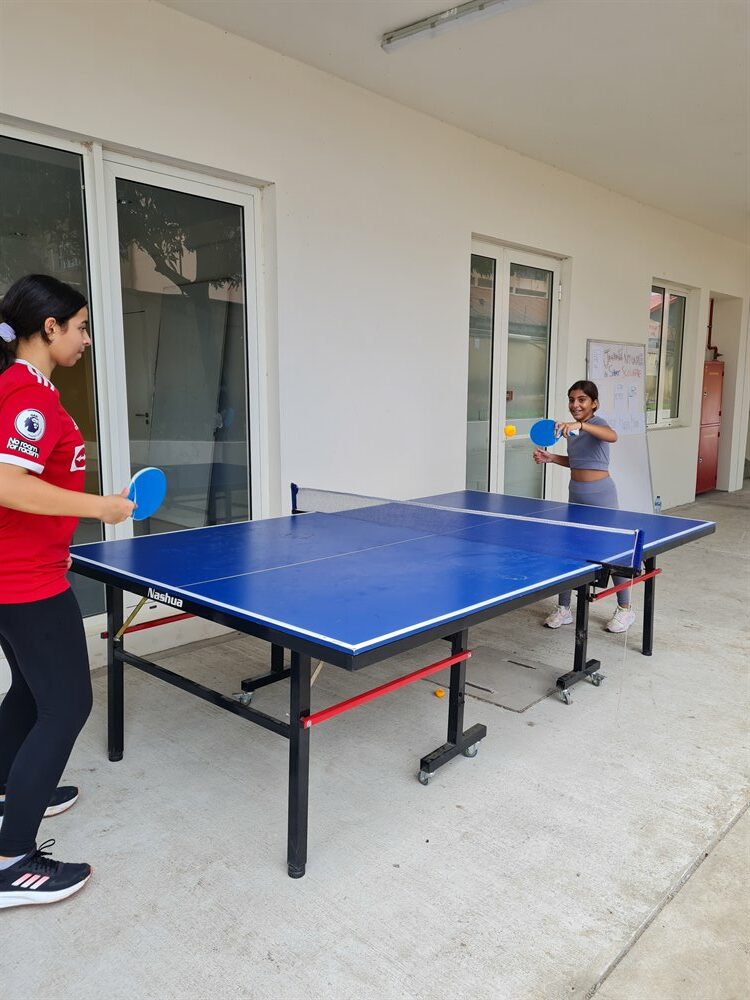
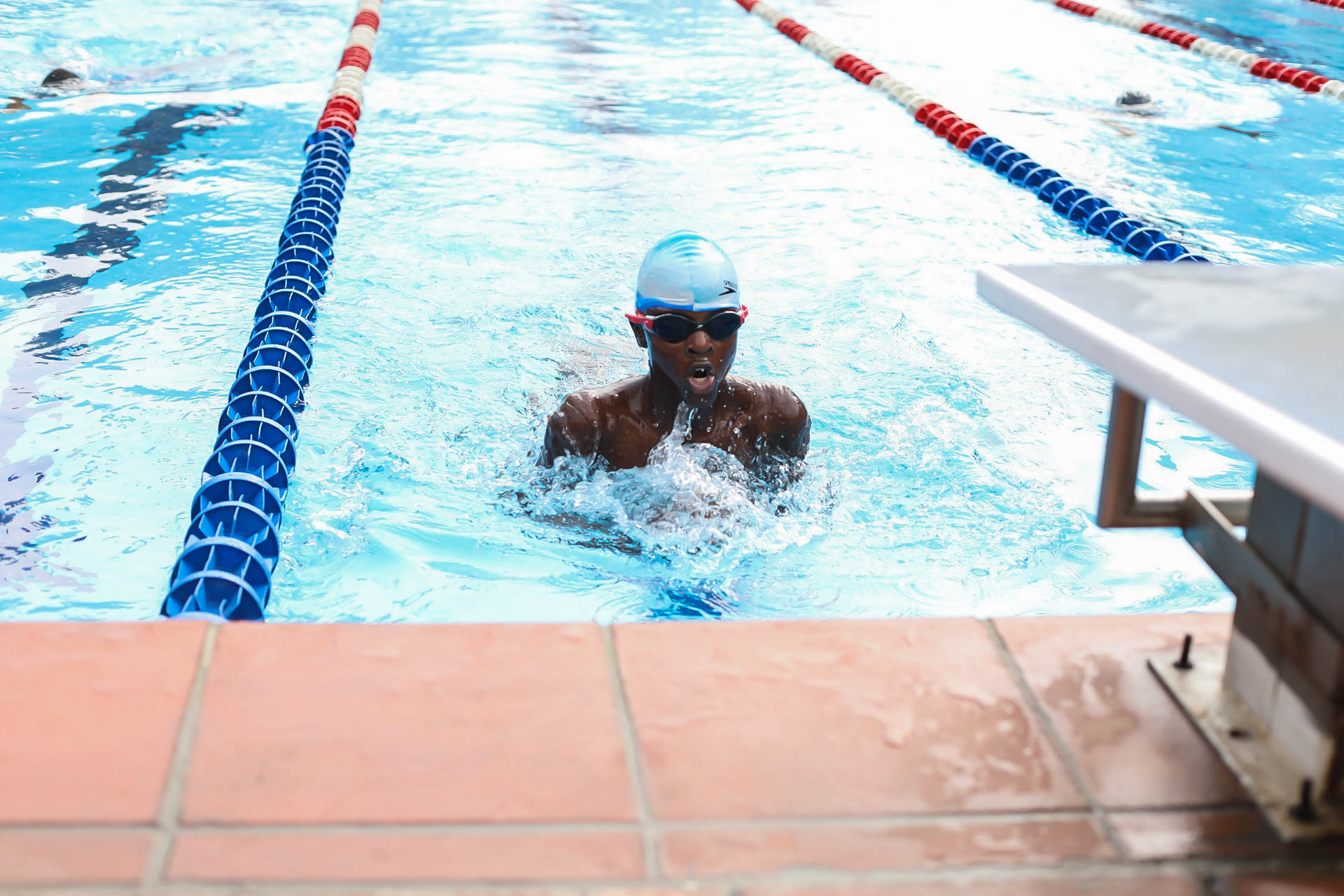
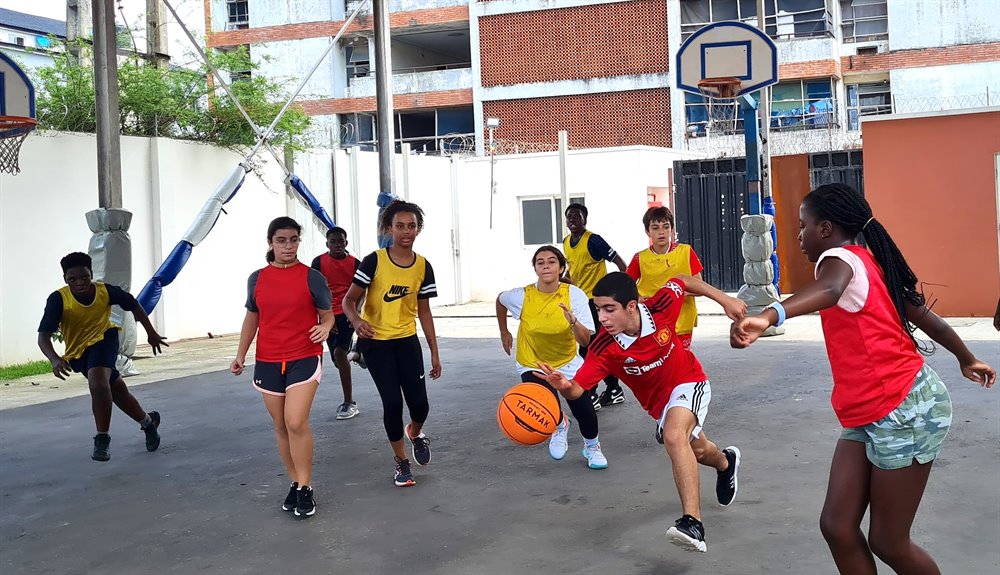
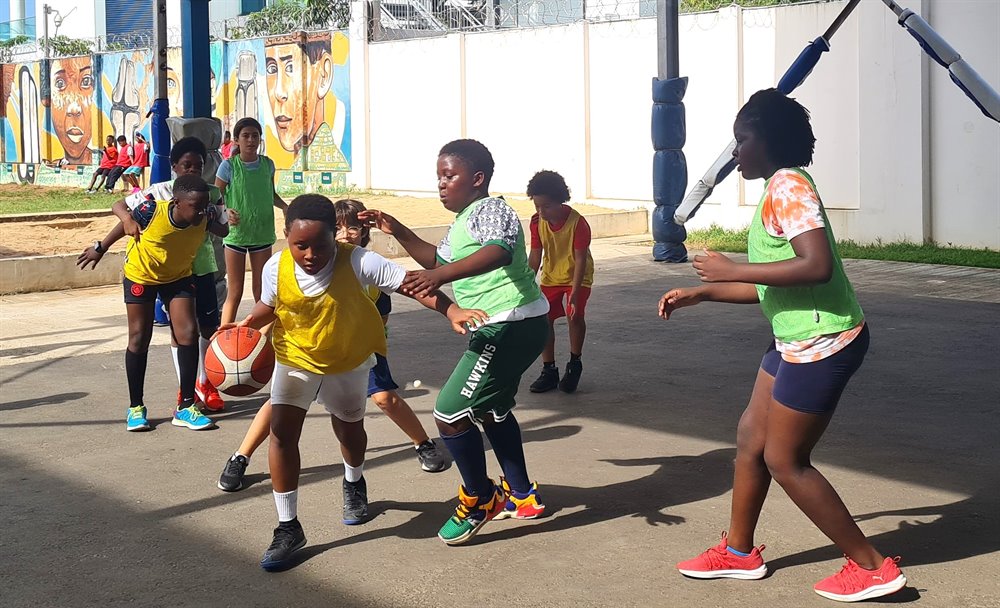
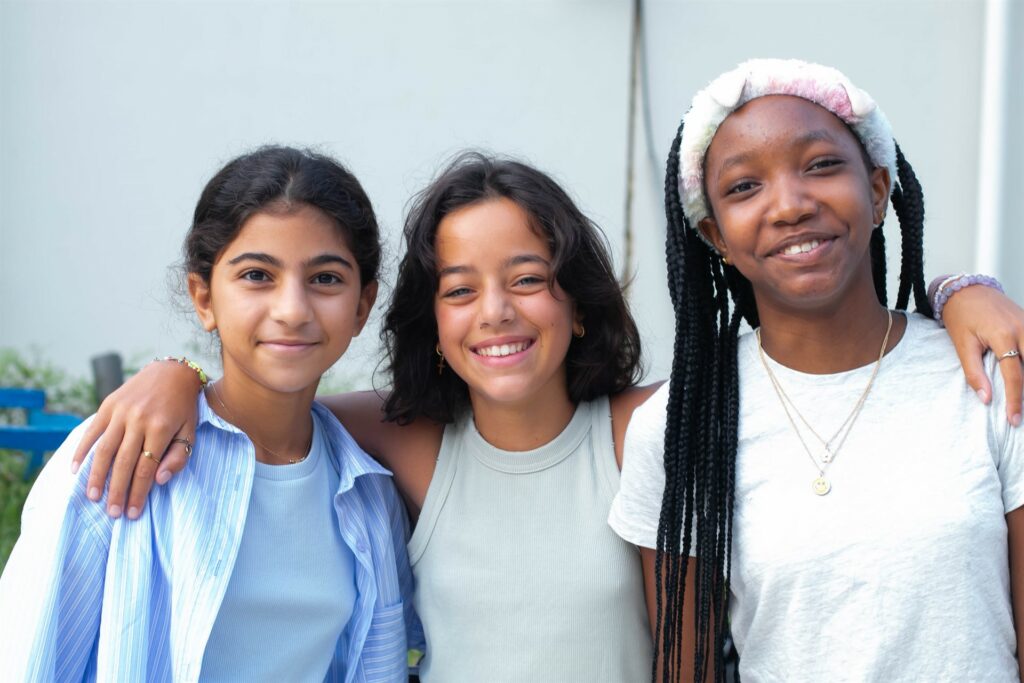
At the end of the third year of secondary school, students reach an important stage in their education: the DNB, Diplôme National du Brevet (O LEVEL). The diploma is awarded on the basis of the points accumulated in the assessment of the curriculum (continuous assessment) and in the final examination.
The end of cycle 4 report indicates the degree to which your child has acquired the eight components of the common base of knowledge, skills and culture by positioning on a scale at four levels. These levels are converted into points, the sum of which gives your child’s result of the continuous assessment. The final examination papers include 4 written tests and 1 oral test:
| Written papers | Oral examination |
|---|---|
| French (3h): assessment of language skills (grammar - including rewriting -, lexicon ...) and comprehension and interpretation skills + dictation + composition | - presentation of a project conducted in art history or as part of '' a EPI or one of the educational courses, then interview either: |
| Mathematics (2h): exercises, some of which are accompanied by tables or diagrams, including a computer exercise | - group of 25 minutes (10 minutes of presentation and 15 minutes of interview), or |
| History and geography (2h): analysis and understanding of documents + use of historical and geographical landmarks | - or individual 15 minutes (5 minutes of presentation and 10 minutes of interview) |
| Science (1h) (2 subjects out of the 3): physics-chemistry, life and earth sciences, technology |
Meeting once a quarter, it examines the pedagogical questions of interest to the life of the class, examines the progress of the schooling of each student in order to better guide them in their work and their choice of studies, and decides on the conditions under which his schooling continues for each student. It is chaired by the head of the school and made up of teachers, two parents’ representatives, two student representatives and the senior education advisor.
Teaching in the Lycee is very student focused. We understand the balance between raising responsible and independent students and closely guiding them on their learning path. Teachers have the freedom to identify individualities within the class and teach accordingly. This means that students enjoy diverse learning techniques and creative thinking. Being in the Lycee Francais where French is the main language of instruction in an English-speaking country will definitely give your child an academic advantage and increase awareness of other cultures.
Anita, English teacher